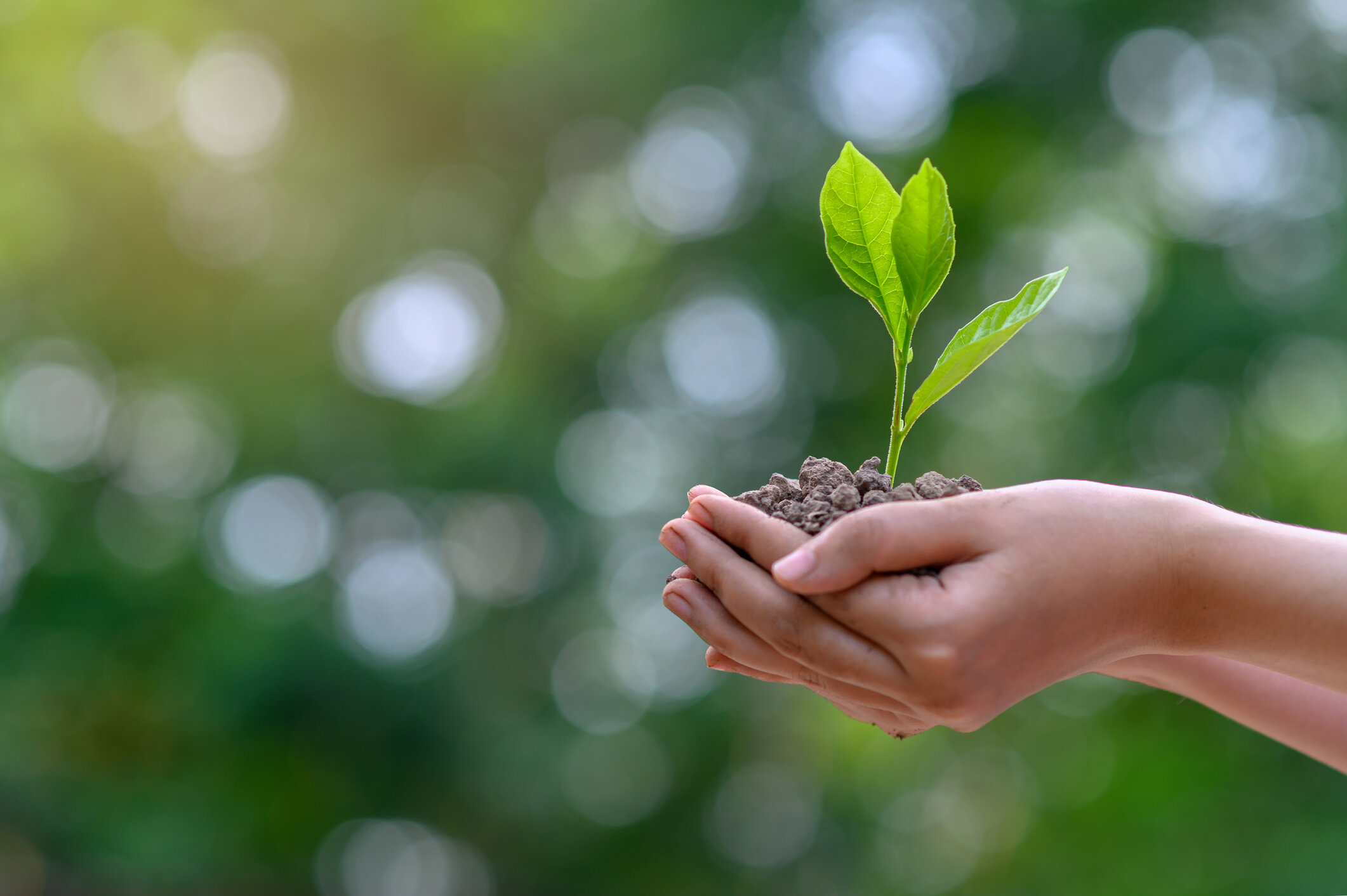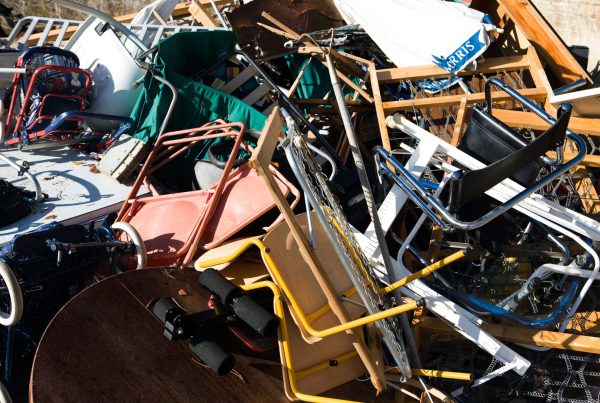If you’re making the decision to be eco-friendlier and kinder to the Earth – we salute you! After all, it’s the only home we have. You may think that living a sustainable lifestyle requires pricey compostable bags and beeswax wraps instead of tin foil, but that’s not the case (though if you have the means, it’s a great idea!). There are many free or low-priced options to tweak the way you dispose of trash, shop, and eat that can make a huge difference.
1. Recycle – duh.
We don’t mean to be sassy, but recycling is the easiest and most immediate way to reduce your waste and stop our dependence on landfills. If your city has a recycling program, you can request a recycling bin and put it out for weekly pick-up. Information on attaining a bin and your specific recycling pickup day is available on your city’s sanitation website. From there – use it! Recycle plastics, cardboard, glass (in certain locations) and buy foods with recyclable packaging so you can put that shiny new bin to use.
2. Minimize single-use plastics
You may have heard the term “single-use plastics” and not know what it means. SUP’s are things like non-refillable water bottles, plastic straws, coffee cups, and grocery bags that are tossed after one use and clog up landfills – especially if they’re not recyclable. Some of these can’t be recycled at all due to the type of plastic they’re made from, so they have nowhere to end up but in a landfill – or the ocean, streams, and local lakes. Stop the cycle! You can buy very affordable reusable straws, coffee thermoses (and many coffee shops will make your coffee in these instead of their cups for a discount) and reusable grocery totes to cut back on how much plastic you use and throw away.
3. Use Ecosia instead of Google
Google is often the go-to when you need to quickly look something up, but German search engine Ecosia has one thing Google doesn’t – they use 80% of their profits from searches to plant trees and battle deforestation. This means the next time you search for a recipe, directions, or the latest news, you’ll be helping plant trees and renew the ozone, provide oxygen, and lower carbon dioxide levels in our atmosphere. All of this makes for a happier, healthier planet that future generations can enjoy for years to come.
4. Say no to paper receipts
This not only helps the Earth, but keeps you organized, too! We’ve all opened our wallets and purses or dug into a cupholder or backpack and found old receipts. They’re messy, annoying, and almost certainly end up as litter somewhere. Now you can often opt to receive your receipts by email or text! This saves companies money by not having to purchase and maintain printing materials, keeps your belongings free of clutter, and creates less waste that harms our planet. It’s a win-win-win.
5. Shop secondhand and donate
Clothing and textiles make up 5.2%, or 13.1 million tons, of waste in our landfills. Yikes. The fashion industry is one of the largest offenders when it comes to pollution and waste, but as consumers, we can do our part to lessen this impact. Clothes are expensive – it’s a fact. It’s natural to want to buy clothing at a lower price point when we have so many other expenses to worry about. To stay up on fashion and minimize your carbon footprint, consider shopping secondhand. The clothes you’ll find in consignment shops and vintage stores have been laundered and inspected to ensure they’re clean and ready to be worn, so don’t let the fear of someone else’s clothes put you off. Plus, you can find popular brands for a fraction of the price when you buy secondhand and you get bragging rights, as well – a wardrobe full of rare, vintage finds! When you’re done with your clothes and ready for a new season? Complete the cycle by donating your gently worn items, or even make a couple bucks by reselling them.
There’s no denying it takes some extra work to be eco-conscious. Many of the conveniences we enjoy contribute to pollution and litter in our oceans and other water systems, as well as damage the ozone layer, our atmosphere, and existing ecosystems. But with a few adjustments, it’s easy to do your part – even a small part – in lessening our impact on the planet. Future generations will thank you!





